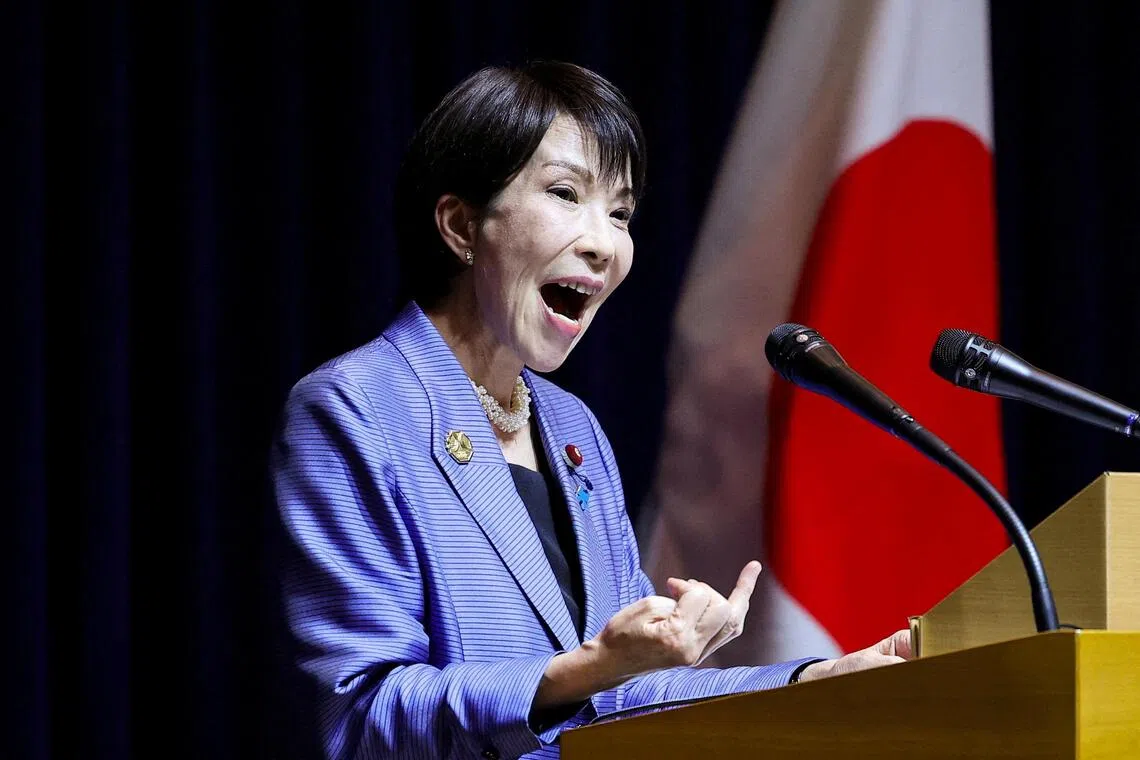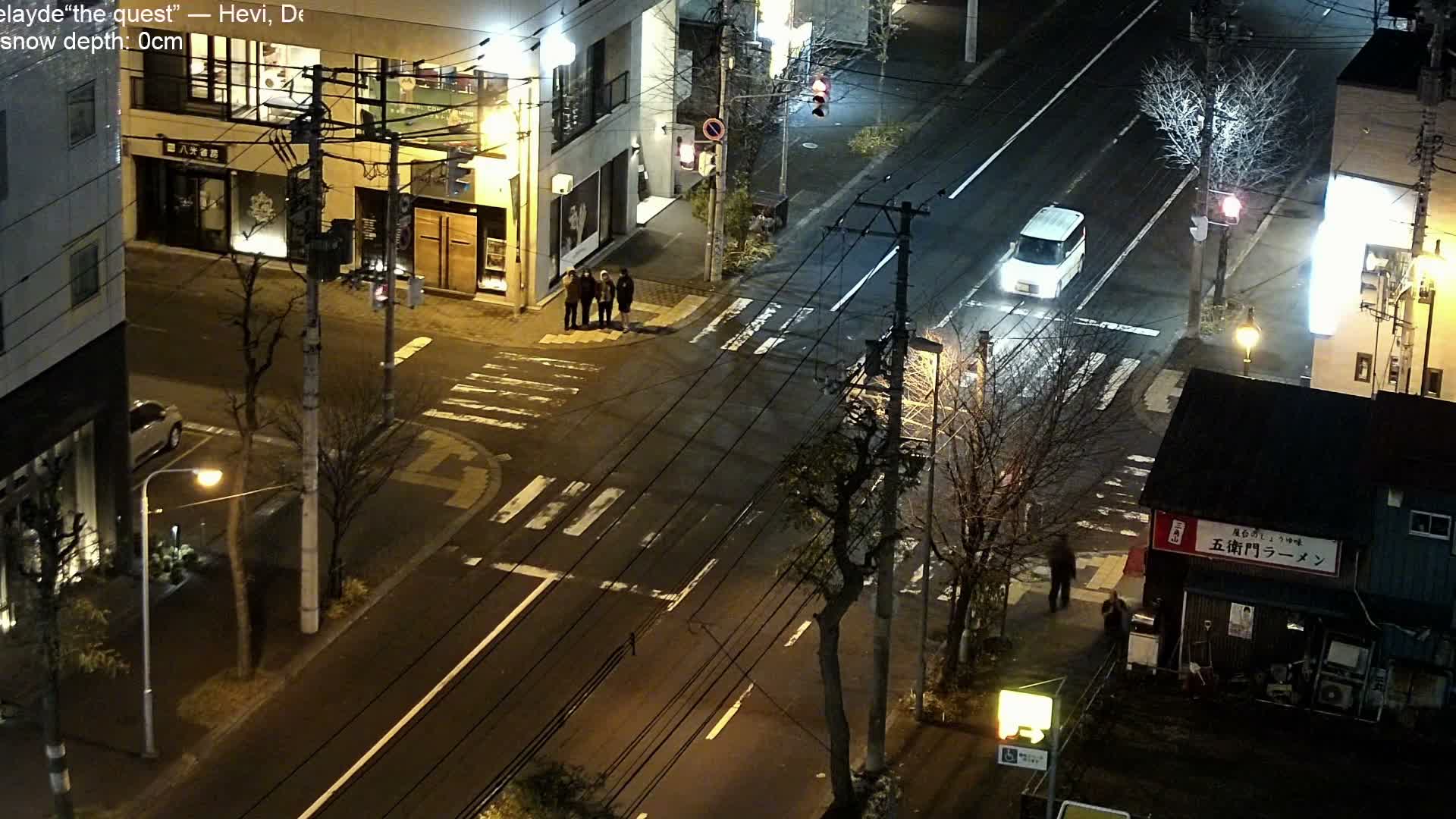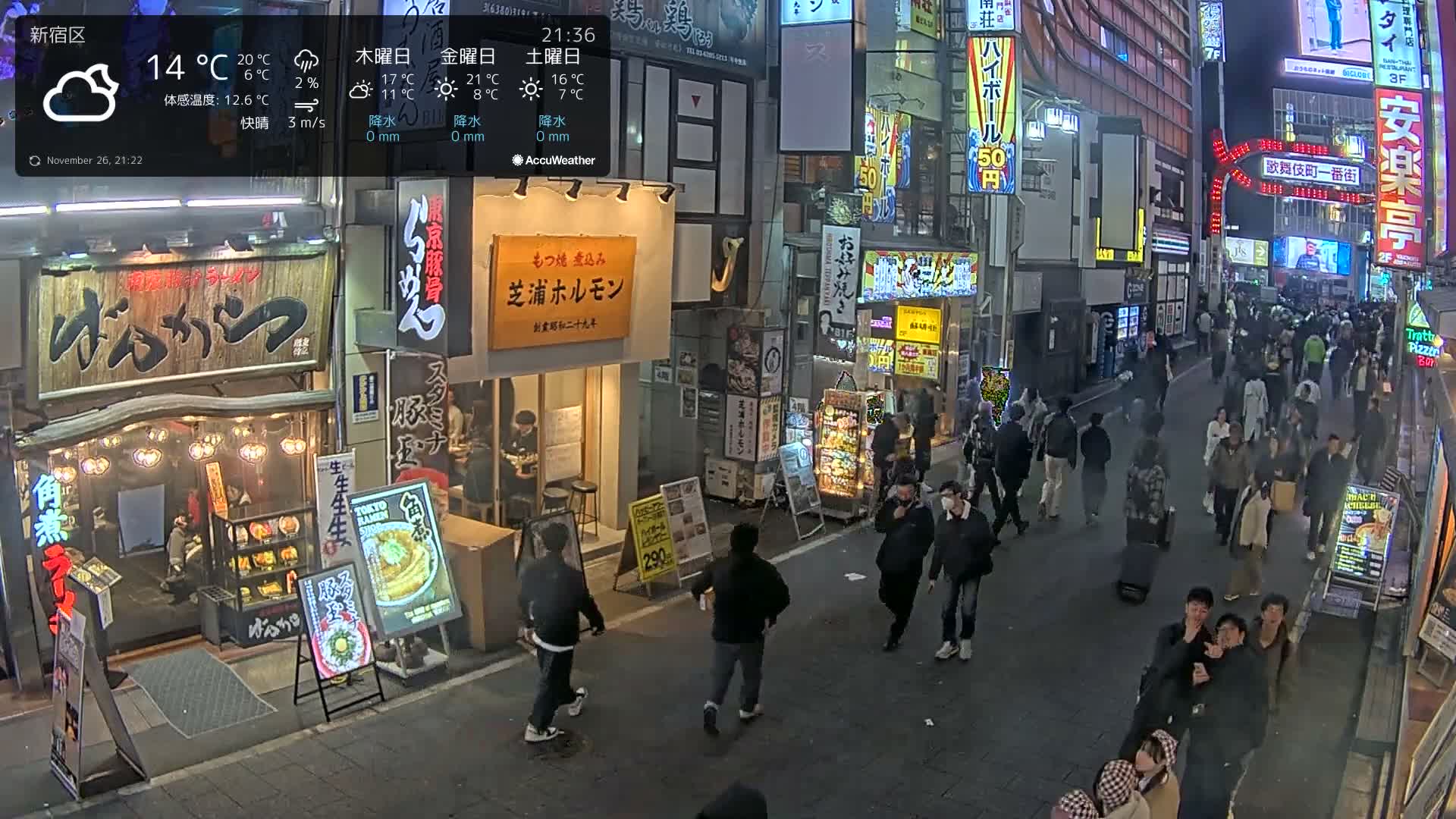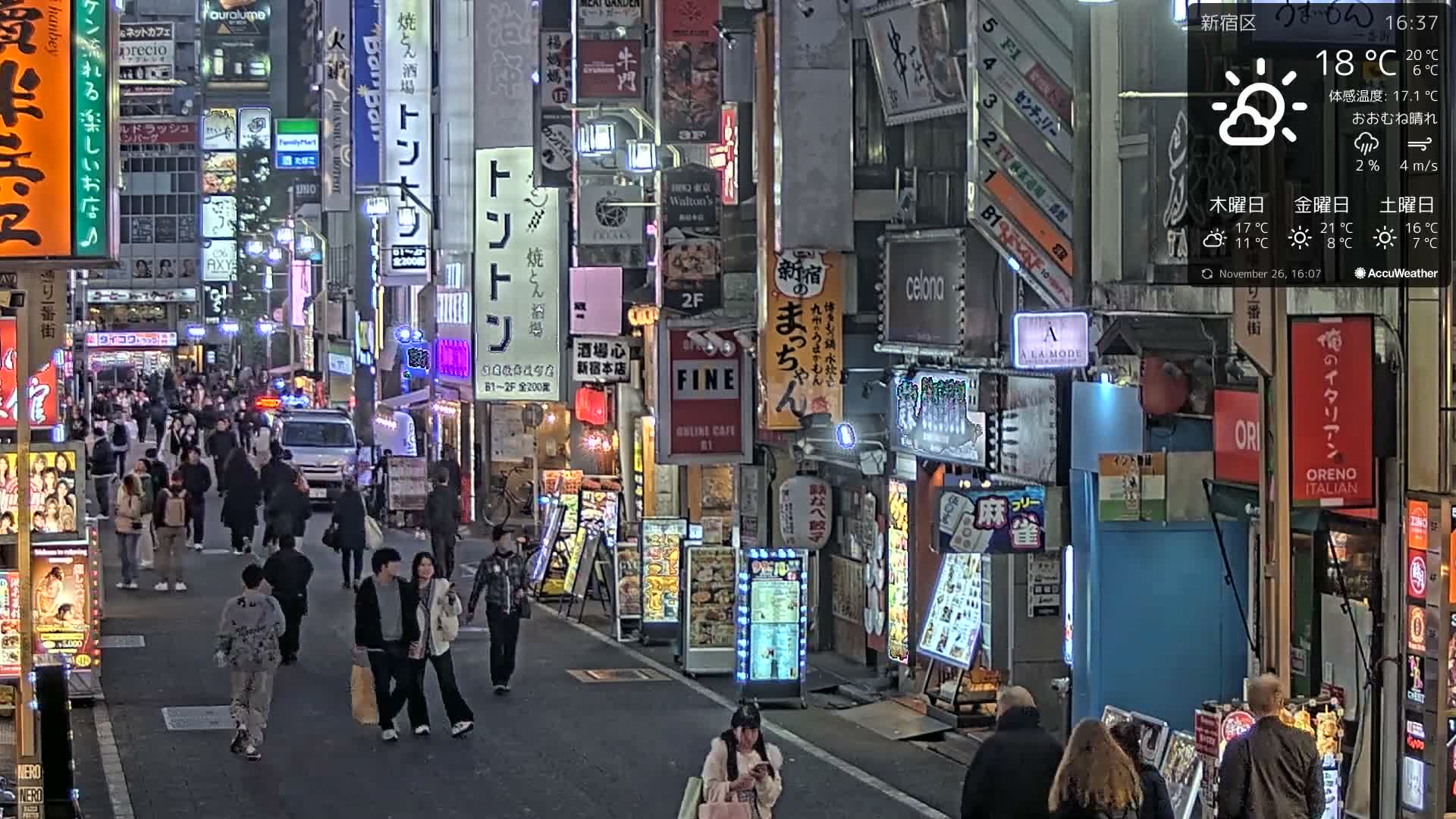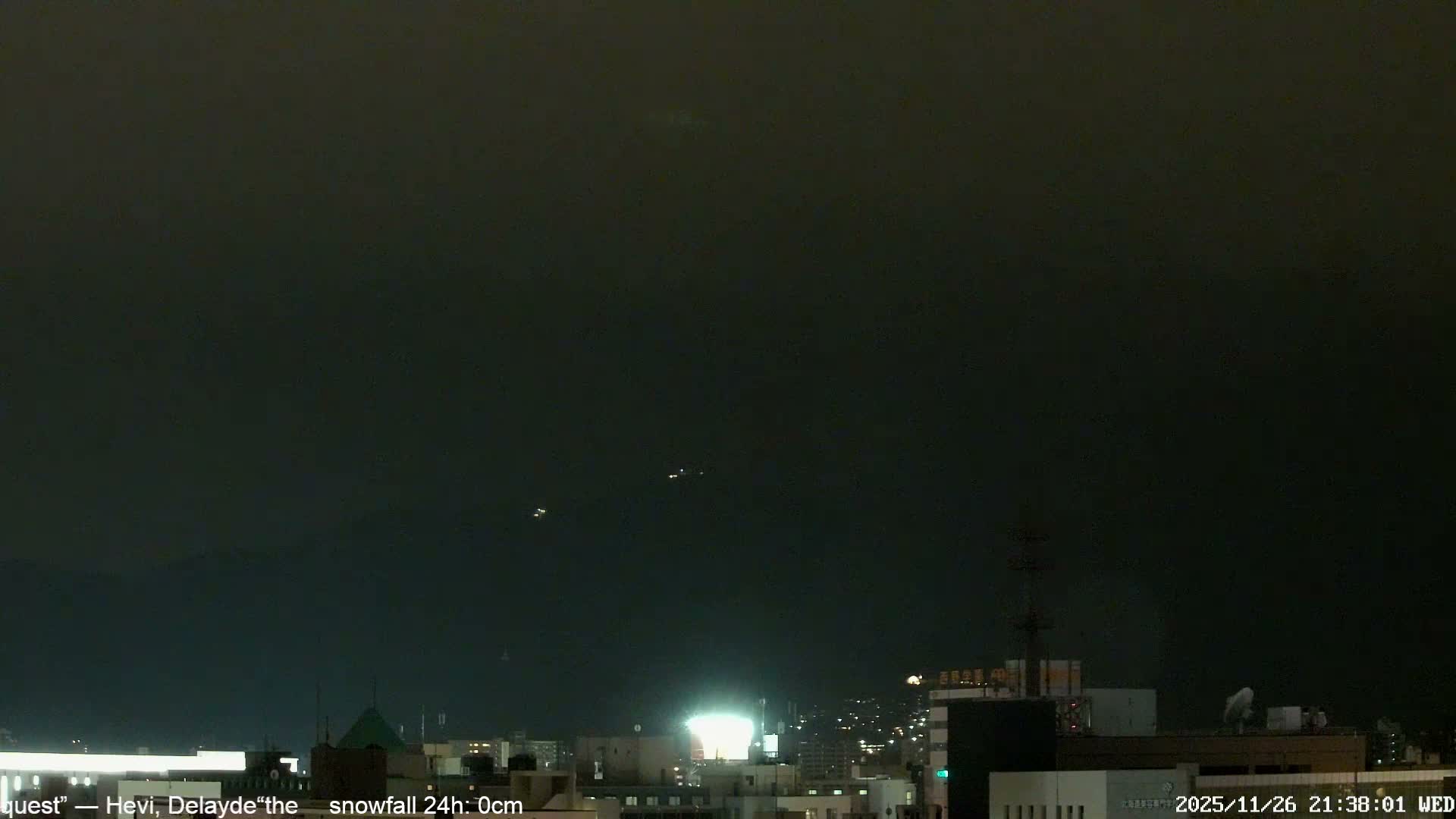Tokyo, Japan – A diplomatic skirmish has intensified at the United Nations as Japan formally countered China's protests regarding recent remarks made by Japanese Prime Minister Sanae Takaichi concerning a potential Taiwan contingency. On November 24, Japan’s Ambassador to the UN, Mr. Kazuyuki Yamazaki, dispatched a letter to Secretary-General Antonio Guterres, directly refuting China's demand that PM Takaichi retract her statements.
Japan Clarifies Defense Stance to UN Chief
Ambassador Yamazaki's communication underscored Japan's unwavering commitment to an exclusively defense-oriented strategy. He explicitly challenged China's interpretation, which suggested Japan might invoke its right to self-defense without an actual armed attack. Furthermore, Yamazaki reiterated that Japan’s position on Taiwan remains consistent with the principles established in the 1972 Japan-China Joint Communique, which normalized diplomatic relations between the two nations. Tokyo, he affirmed, continues to advocate for a peaceful resolution of the Taiwan question through dialogue.
The Catalyst: PM Takaichi's "Survival-Threatening" Remarks
The diplomatic friction stems from recent parliamentary discussions on November 7, where Prime Minister Takaichi commented that a military assault on Taiwan could pose a “survival-threatening situation” for Japan. These remarks were widely interpreted as an indication that her government might authorize the Self-Defense Forces to assist the United States if China were to impose a naval blockade or undertake other coercive actions against Taiwan.
China's Previous Protest to the UN
Last week, China had escalated the issue by sending its own letter to Secretary-General Guterres via Ambassador Fu Cong. According to Xinhua, the Chinese state-run news agency, China viewed Ms. Takaichi’s comments as "the first time Japan has expressed ambitions to intervene militarily in the Taiwan question."
Broader Bilateral Tensions and UN's Call for Dialogue
Beyond the exchange of letters at the UN, Ambassador Yamazaki also highlighted China's recent curtailment of people-to-people and economic exchanges with Japan, including restrictions on seafood trade. He assured that Japan intends to address these economic strains calmly and through continued dialogue.
Amidst the escalating tensions, UN spokesman Stephane Dujarric emphasized on November 24 the critical importance of de-escalation through dialogue as Japan-China relations show signs of deteriorating. Regarding China's letter, Dujarric stated that the UN would fulfill its responsibility to share the communication with all member states.

